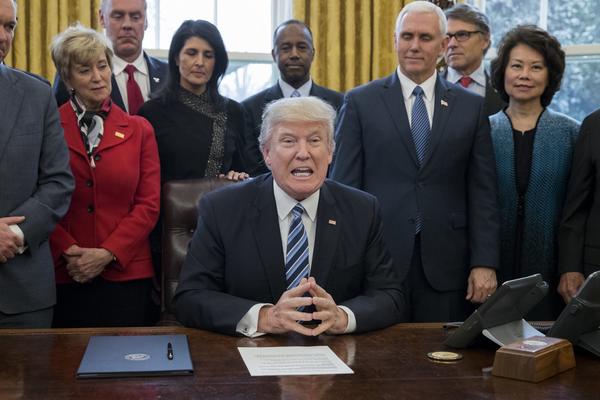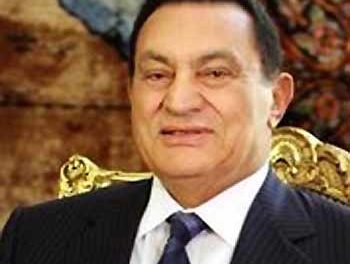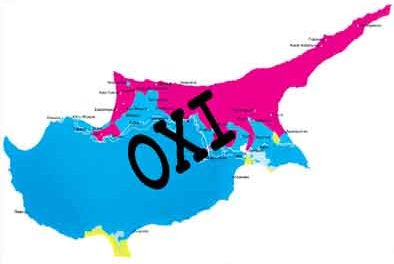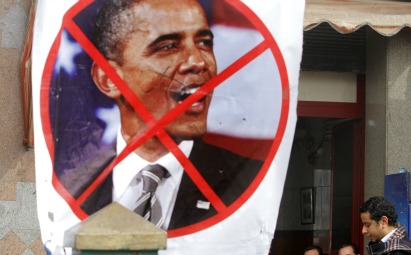American President Donald Trump has shown a tendency to go where few of his predecessors have dared to tread. Urged on by his inner circle to dig down deeper into a zone where an Iran-Russia axis poses a complication, Mr Trump has waded into the West Asian cauldron clumsily.
By The Straits Times
The results have been predictably chaotic. Regional instability has been exacerbated and the Sunni alliance, tenuous at best, is badly ruptured as an emboldened Saudi Arabia and Egypt, drawing support from some other Gulf Cooperation Council states, rounded on Qatar. Adding fuel to the fire, Mr Trump tweeted his support for Riyadh just as his secretaries for state and defence were trying to patch things up for Qatar. Yet this week, he has agreed to sell Doha fighter planes worth billions of dollars.
Qatar may be small – with a resident population less than half that of Singapore – but it is rich. Ownership of the third-largest gas and oil reserves helped elevate its people to the top ranks in per capita income. And control of the Al Jazeera satellite television network gives it a big voice in the world, one that occasionally gives its neighbours discomfort.
On top of that, its independent foreign policy has led it to arm extremist groups in Syria, back the Muslim Brotherhood in Egypt and take a more measured view of the threat from Iran, with which it shares the world’s largest natural gas field. All these have been balanced by allowing the US to use it as a forward base for operations in Iraq to Syria and Afghanistan.
Some might expect Mr Trump to take a nuanced approach to Qatar. But what dominate are the three broad elements of his Middle East policy: win the war against the Islamic State in Iraq and Syria (ISIS), help Israel and its Arab foes to bury the hatchet, and isolate Iran. While the need for the last is questionable, imprudent even, it is imperative that the US focus on its main task, which is to eliminate ISIS. It doesn’t make sense to put Qatar in a corner when much of ISIS’ ranks emerges from nations that are considered America’s allies. Let it also not be forgotten that Iranian militias implacably opposed to ISIS are a key element in that war. It is not for nothing that Arab states like Kuwait and, particularly, Oman, keep their channels with Teheran open.
If Mr Trump had a more balanced view of a civilisational power such as Iran, he would see the folly of isolating Teheran and painting it in villainous garb. That would not serve his nation’s long-term interests. To continue on that path would only help rival powers such as China and Russia to garner influence in the Middle East. Rather than stoking fires in the Gulf, Mr Trump should do all within his power to lower tensions there. Rivalries in the region are far too complex to be reduced to a tweet of 140 characters.



















